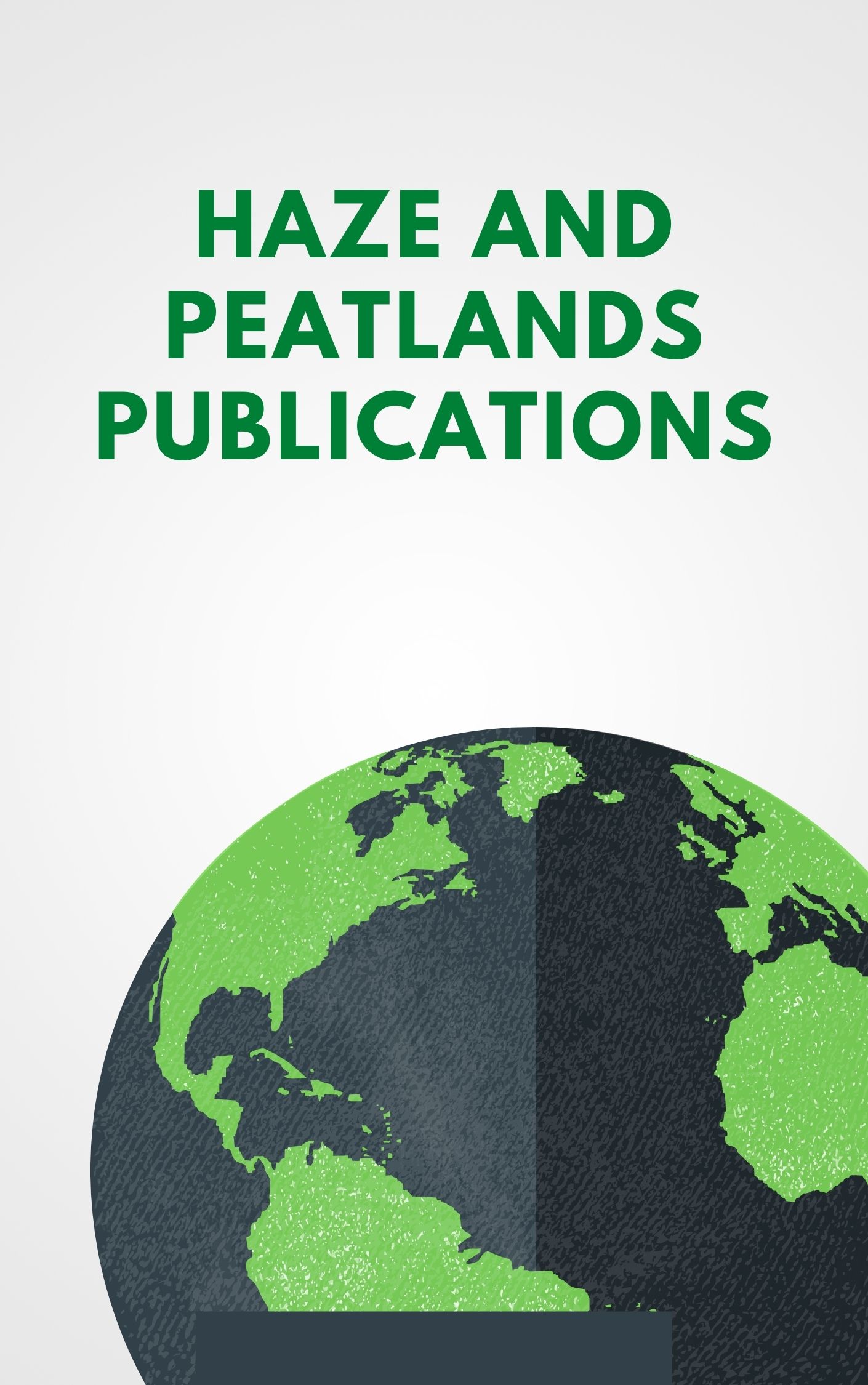Introduction Questions of biodiversity conservation, national parks, ecoregions and social development are often pursued through transnational collaboration. Rather than a flow of authoritative knowledge moving from the “west to the rest’, the problems of nature conservation can usefully be formulated in dialogue across boundaries of spatial and social difference. National parks are especially salient spaces for thinking through what it means for Southeast Asians and Euro-Americans to work together. For one, environmental problems, like smoke from forest fires or fish that spawn in coastal mangroves and school in mid-ocean, do not respect the authority or borders of nation-states. In terms of society, models for thought and social action also engage many kinds of actors across national boundaries and across lines of difference within the nation-state. Projects of biodiversity conservation continually emerge within these collaborative spaces. In the form of a dialogue, Suraya Afiff (S. A.) and Celia Lowe (C. L.) join together in this chapter to discuss what it means to collaborate around issues of nature conservation within Indonesia's national parks and ecoregions. This dialogue is informed by our combined expertise working in the Sulu-Sulawesi Sea Ecoregion, national parks across Indonesia, and with non-governmental and environmental institutions such as Walhi, Yabshi, Karsa, CI and WWF. Suraya Afiff comes to the conversation with 15 years' experience as a scholar and environmental activist in Indonesia. Originally a student of biology, she is an expert on land conflict in Indonesia. © Cambridge University Press 2008 and Cambridge University Press, 2009.
View source

